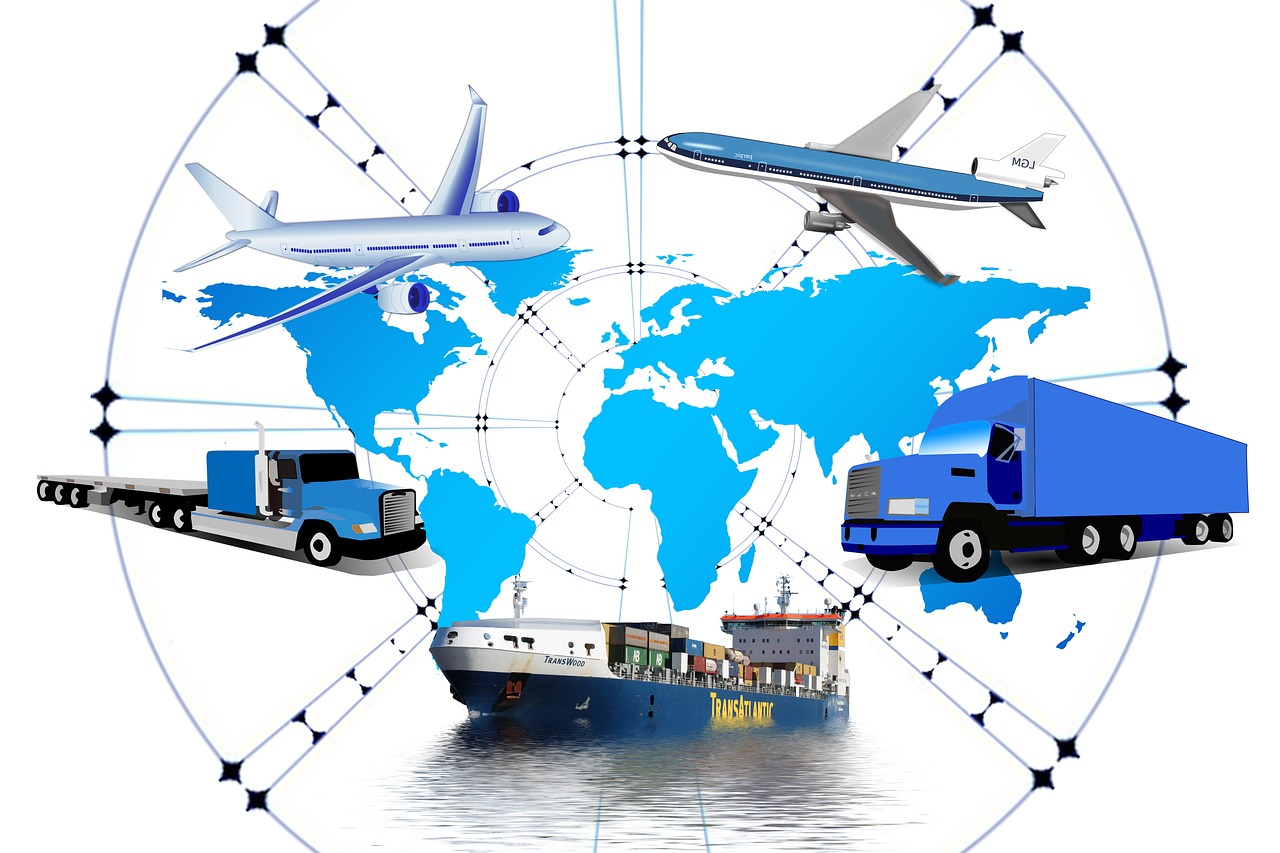
Project cargo, also known as project logistics, involves the transportation of large, heavy, high-value, or complex pieces of equipment critical to specific projects. This type of cargo often supports industries like oil and gas, construction, mining, energy, and infrastructure development. Unlike standard freight, project cargo requires detailed planning, specialized handling, and coordination among multiple stakeholders to ensure successful delivery.
Project cargo is distinct from regular freight in several important ways:
Heavy and Oversized:
Equipment such as turbines, reactors, cranes, and construction machinery often exceeds the size and weight limits of standard containers.
Custom Requirements:
Each shipment is customized to meet the unique demands of a specific project, requiring tailored equipment and planning.
Multimodal Transport:
Often incorporates a mix of sea, air, road, and rail transport to reach its final destination.
Time-Sensitive:
Strict adherence to project timelines is crucial, as delays can result in significant financial and operational setbacks.
Regulatory Complexity:
Compliance with various local, and national is essential.
Project cargo plays a vital role in several industries that depend on the transportation of specialized equipment:
Infrastructure:
Facilitates infrastructure development by moving computers, laptops, mobiles, home appliances, and other electronic devices.
Project Assessment:
Conducting feasibility studies and risk evaluations to identify optimal transport solutions.
Route Planning:
Determining the best routes and transport modes, considering geographical and regulatory constraints.
Permits and Documentation:
Securing permits for oversized loads and ensuring compliance with international shipping regulations.
Transport and Monitoring:
Implementing real-time tracking to ensure timely delivery and address potential issues during transit.
Delivery and Installation:
Coordinating final delivery and, when required, overseeing equipment installation at the project site.
Sustainability Initiatives:
Reducing carbon emissions through energy-efficient transport solutions and supporting renewable energy projects.
Increased Collaboration:
Enhancing coordination between logistics providers and manufacturers to optimize operations.
Early Engagement:
Involving logistics experts during the project planning phase ensures smoother execution.
Risk Management:
Identifying potential risks and creating contingency plans to mitigate disruptions.
Stakeholder Communication:
Maintaining clear and consistent communication among all involved parties.
Custom Solutions:
Developing transport plans tailored to the specific needs of each project.
Training and Expertise:
Ensuring that personnel are well-trained in handling specialized equipment and cargo.
Project cargo logistics is a specialized field requiring precision, expertise, and adaptability. By leveraging advanced technologies and adhering to best practices, businesses can successfully execute complex projects. As industries such as renewable energy and infrastructure development continue to expand, efficient project cargo logistics will become increasingly important, driving innovation and collaboration throughout the supply chain.